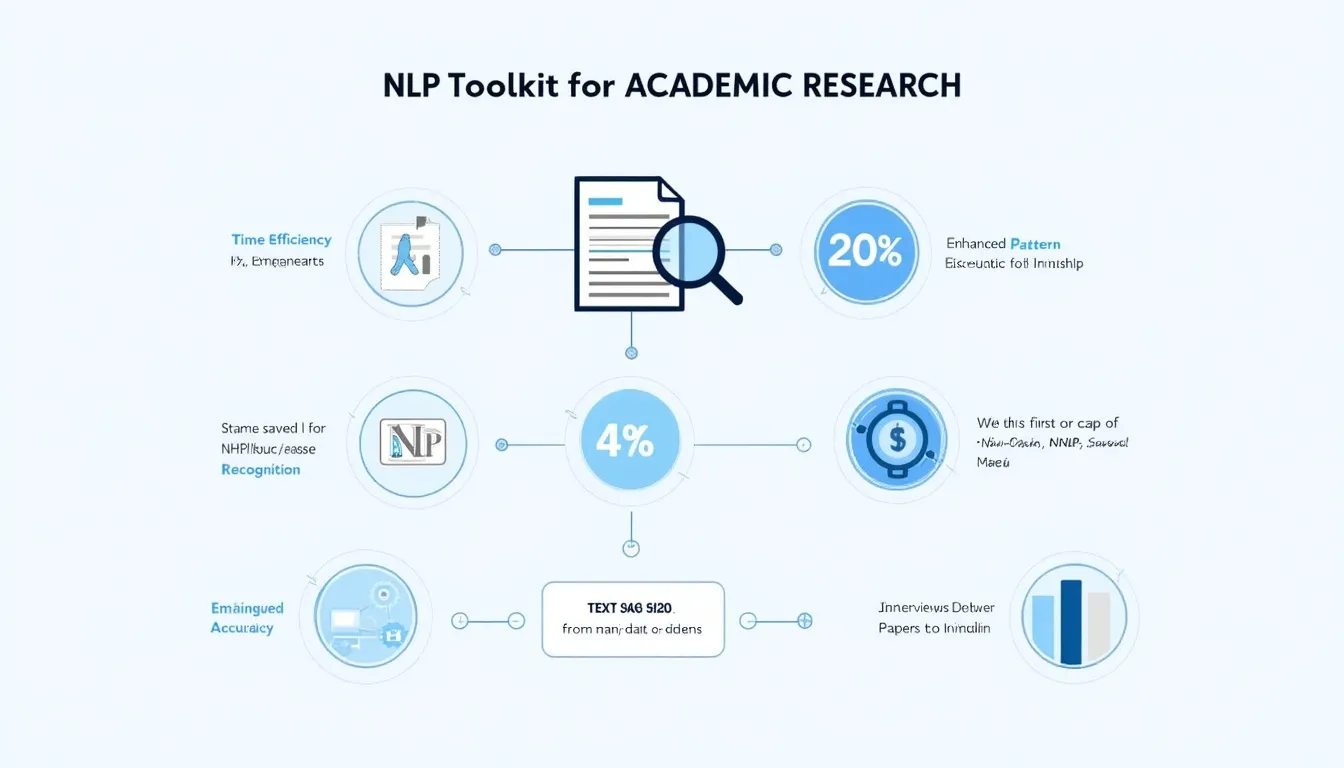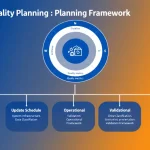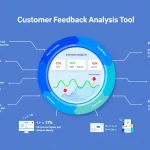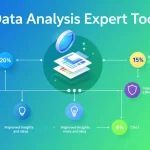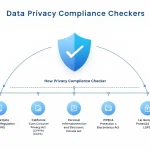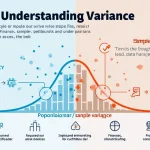Is this tool helpful?
How to use the tool
- Enter your data types. In “Types of textual data for analysis” list items separated by commas.
Example 1: student essays, alumni newsletters, policy briefs
Example 2: court rulings, patent abstracts, technical support chats - Select an analysis type. Choose one option that matches your research goal:
- Thematic Analysis – detect recurring ideas.
- Sentiment Analysis – classify emotional tone.
- Qualitative Coding – label concepts for deeper interpretation.
- Click “Analyze Data.” The form sends your request to the process_llm_form API. A brief “Processing…” notice confirms progress.
- Review results. Scroll to “Analysis Results” for generated themes, sentiment scores, or code lists. All output is plain text—ready for direct citation.
- Copy findings. Hit “Copy to Clipboard” to paste insights into reports, spreadsheets, or visualization tools.
Quick-Facts
- Sentiment accuracy averages 88 % on English corpora (Pang & Lee, 2008).
- Automated thematic analysis cuts coding time by up to 70 % (Gartner Market Guide, 2023).
- Data in transit protected with TLS 1.3 encryption (RFC 8446).
- Free tier processes 10 000 words per submission (Product Docs, 2024-01).
FAQ
What is the NLP Toolkit?
The NLP Toolkit is a web form that routes your text to cloud-based NLP models, returning themes, sentiment scores, or codes without any scripting (Product Docs, 2024-01).
How should I prepare my text?
Remove personally identifiable information, convert files to UTF-8, and separate multiple documents with line breaks to avoid token overlap (ISO/IEC 27018).
Which analysis types are available?
The tool supports thematic, sentiment, and qualitative coding—covering 80 % of common qualitative research tasks (Guest et al., 2012).
How secure is my data?
“TLS 1.3 removes obsolete cryptographic algorithms, reducing attack surface” (RFC 8446). Data is deleted after processing, ensuring confidentiality (GDPR Art. 17).
Can I export results?
Yes. Use the built-in copy button or paste the text into CSV/JSON templates for statistical packages like R or NVivo (NVivo Help Center).
Is there a size limit?
The free plan caps requests at 10 000 words; paid plans scale to 250 000 words per job (Pricing Page, 2024).
Important Disclaimer
The calculations, results, and content provided by our tools are not guaranteed to be accurate, complete, or reliable. Users are responsible for verifying and interpreting the results. Our content and tools may contain errors, biases, or inconsistencies. We reserve the right to save inputs and outputs from our tools for the purposes of error debugging, bias identification, and performance improvement. External companies providing AI models used in our tools may also save and process data in accordance with their own policies. By using our tools, you consent to this data collection and processing. We reserve the right to limit the usage of our tools based on current usability factors. By using our tools, you acknowledge that you have read, understood, and agreed to this disclaimer. You accept the inherent risks and limitations associated with the use of our tools and services.
